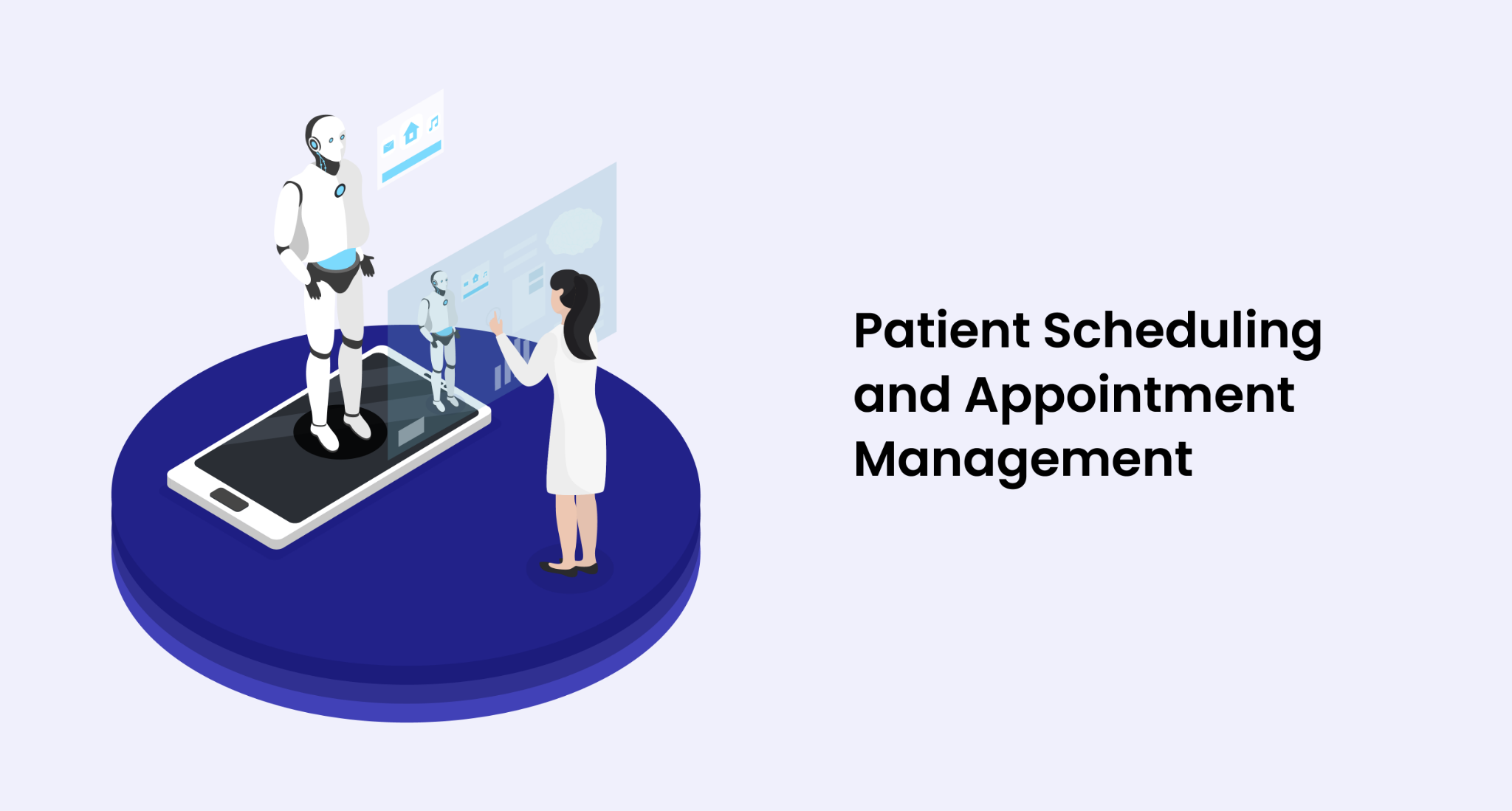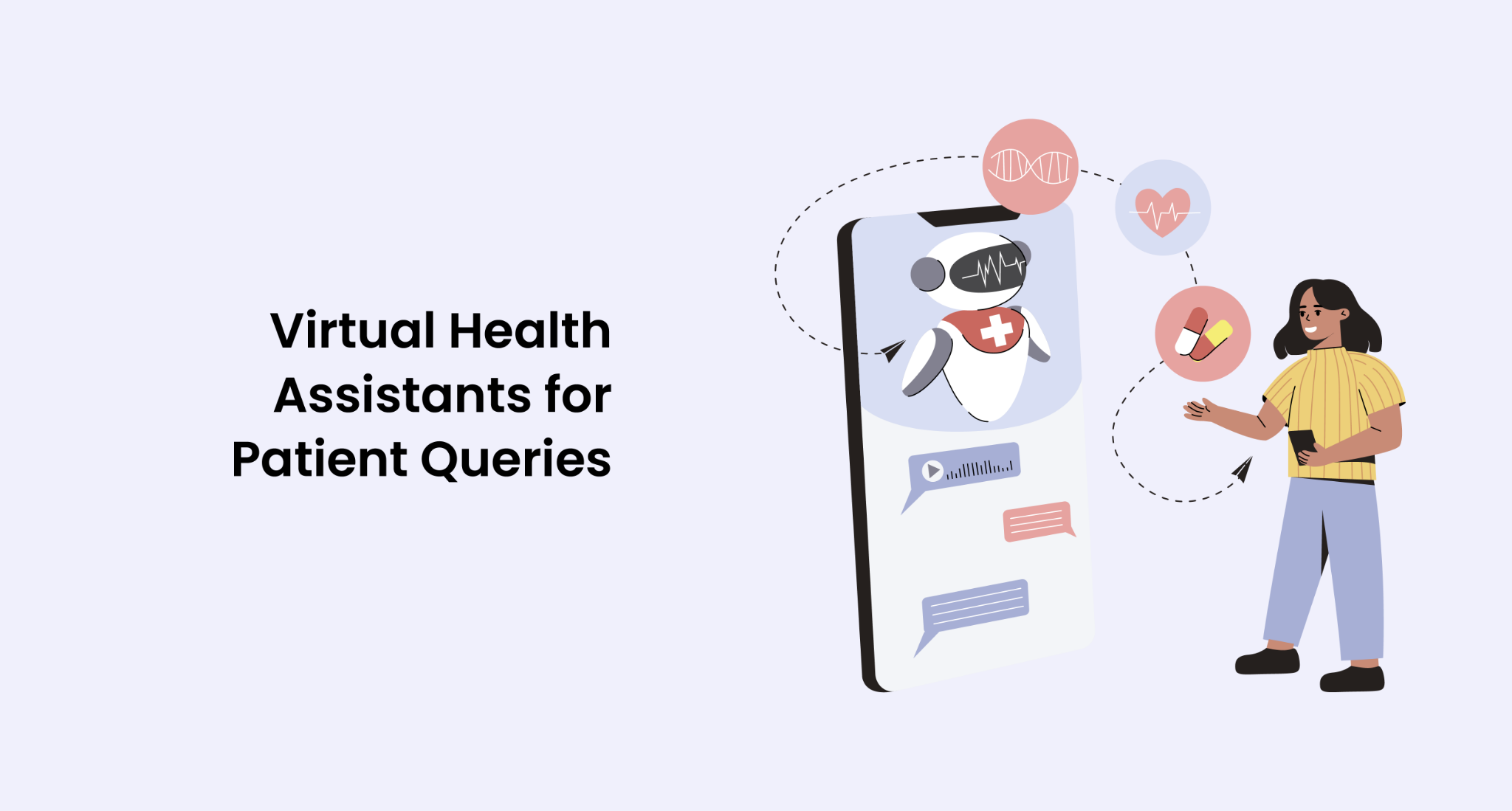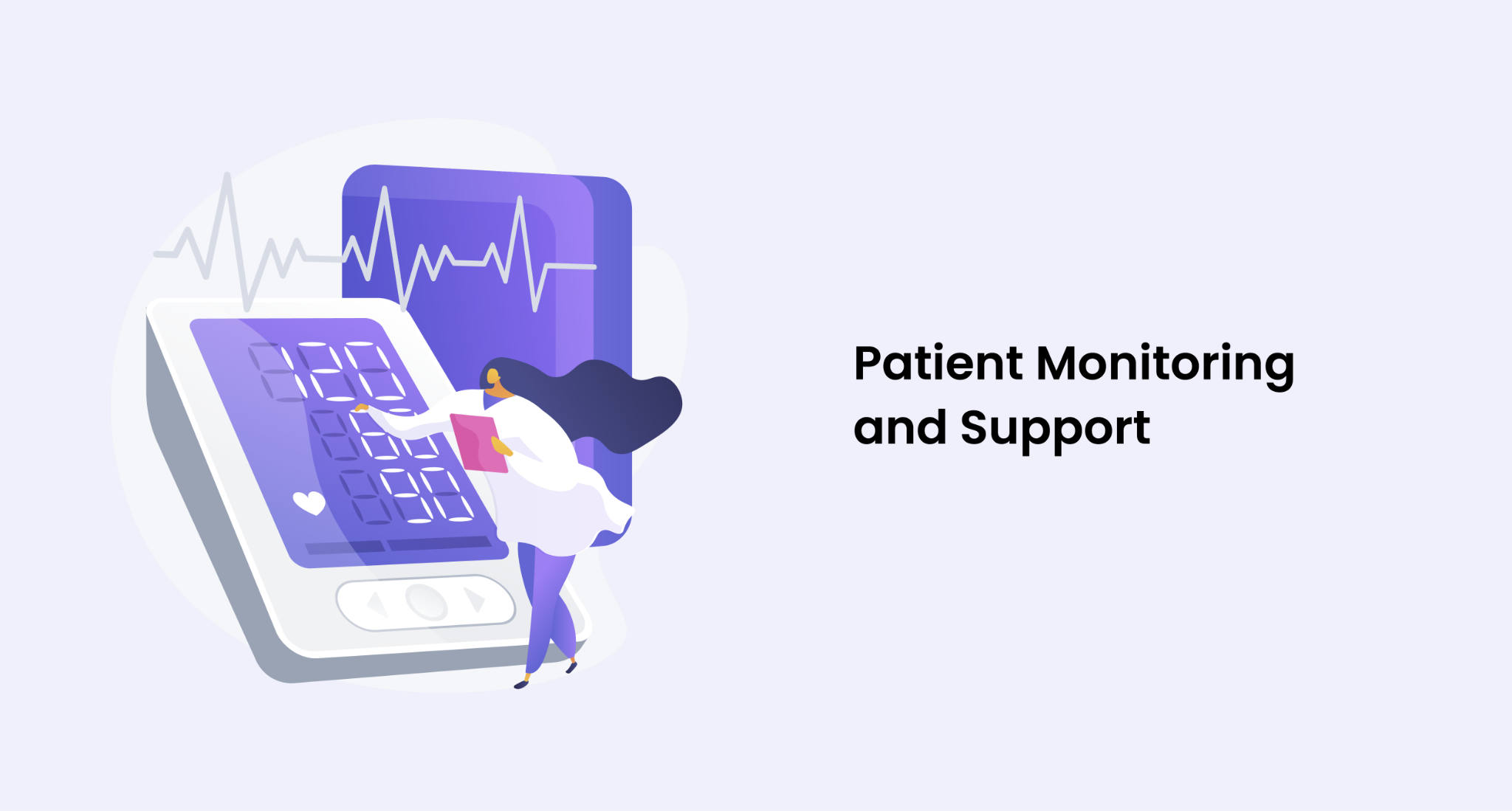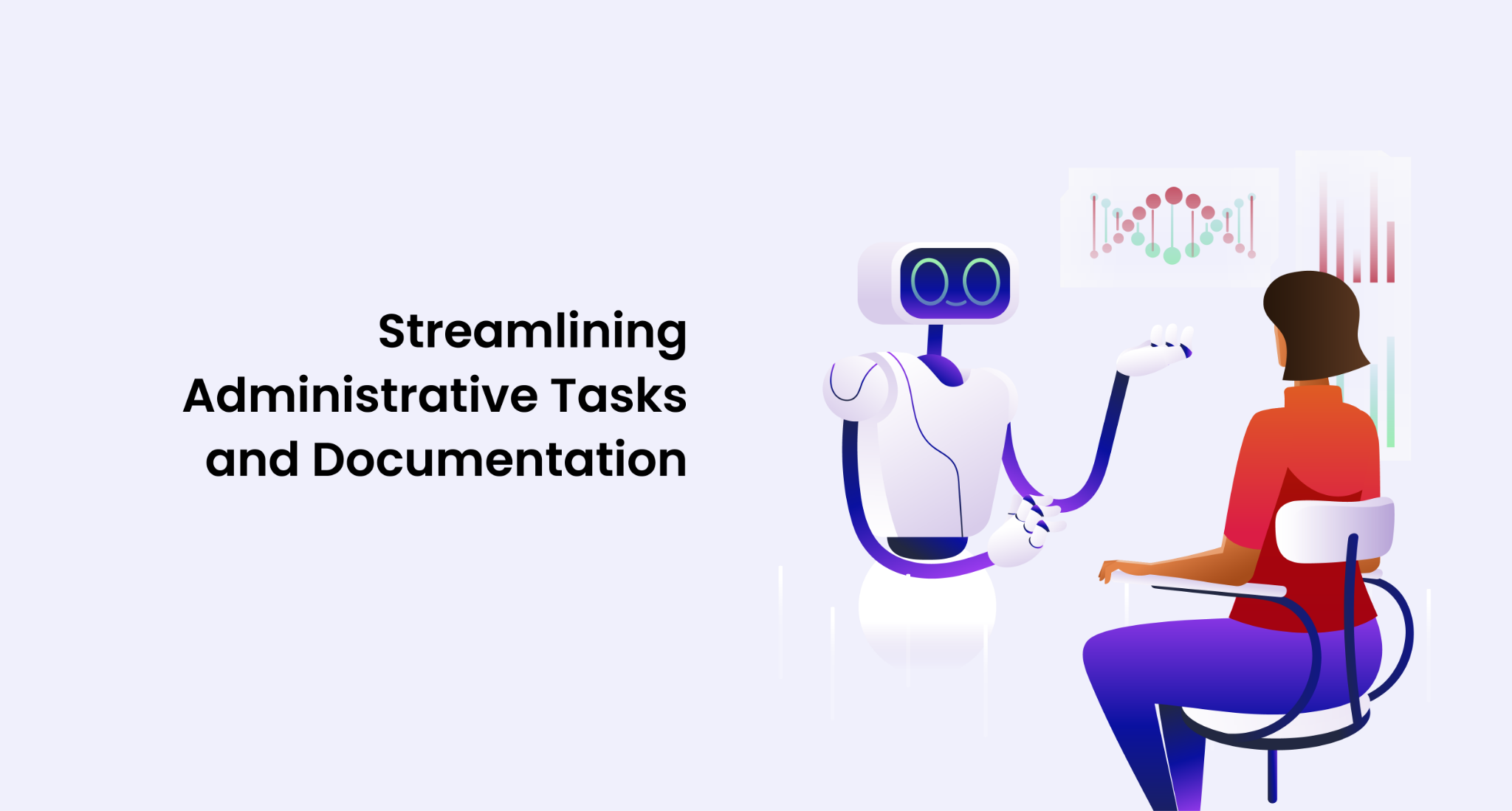Conversational AI is the trending technology in the digital world which enables machines to understand, process, and respond to human language naturally. Conversational AI is efficient in recognizing and intelligently responding to speech and text inputs. In order to understand more deeply. Conversational AI uses advanced automation and natural language processing (NLP) to help robots to understand and respond to languages used by human beings. These can include chatbots, virtual assistants, etc.
Now, just let's time-travel to the pandemic times. The said period has given people an insight into the importance of digital technology and how it can be beneficial for enhancing the quality of lifestyle for human beings. The same was seen in the healthcare sector during the COVID-19 pandemic period. The unimaginable industry which would function offline, that is the healthcare sector also adopted the online mode of consultation, patient services, and operational management to adapt to the needs of the pandemic period.
Let’s Dive into the World of Healthcare Industry and ConversationalAI
The healthcare industry has changed due to the advancement of technologies that have emerged in the business world
As per Statista, AI in the healthcare market was worth 11 billion U.S. dollars worldwide in 2021 which will rise to around 188 billion U.S. dollars by 2030. The various areas where these advanced technologies can be used are patient scheduling, appointment management, virtual, patient queries, remote patient monitoring and support as well as streamlining administrative tasks and documentation. The in-depth insights are given below:
1. Patient Scheduling and Appointment Management - AI chatbots are utilized in healthcare organizations to engage with patients, help solve their queries, schedule appointments, and address other patient care-related requirements.
Benefits of AI for Patient Scheduling and Appointment Management
- Efficiency: The administrative backlogs are reduced by simultaneously managing multiple requests.
- Accuracy: The errors are reduced as less human intervention is involved in scheduling.
- Availability: 24×7 service means patients can access services at their convenience, not just during office hours.

2. Virtual Health Assistants for Patient Queries - Virtual Health Assistants ensure that patients' autonomy is established to ensure they are at ease when they want solutions to any issues or queries they have. It also ensures smooth conversations as they can get prompt responses to their questions which ensures smooth functioning of patient services at the hospitals.
Benefits of Virtual Health Assistants for Patient Queries
- User-Friendly: The contact point for patients becomes easy and ensures smooth functioning for people who are less tech-savvy.
- Reduced Workload: The administrative staff can focus on other important tasks as virtual assistants can handle other routine processes.
- Security: Conversational AI ensures data security and encryption.

3. Patient Monitoring and Support - Conversational AI serves as a crucial point of contact between medical professionals and their patients, particularly as patient-centric care becomes more and more important. It's about empowering patients, not simply enabling conversation. With the said technology people can effortlessly request prescription refills, access their test results, and get details about their medications. It can also help in monitoring patients’s health and send them medicine reminders etc.
Benefits of AI in Patient Monitoring and Support
- Instant Access: Easy access to information which reduces waiting time and potential frustration.
- Enhanced Engagement: Ease of communication is established which strengthens the patient-provider bond.
- Empowerment: By giving patients control and easy access to their data, they’re more involved and informed about their health.

4. Streamlining Administrative Tasks and Documentation - Medical centers have hundreds of administrative duties to accomplish every day, and while they are finished, they are not always handled correctly. For example, in order to fulfill their responsibilities, nurses / administrative staff usually have to switch between programs, hunt through countless forms and papers, or locate several departments, which causes them to lose time and become frustrated. AI can effectively smoothen these operational activities.
Benefits of AI in Patient Monitoring and Support
- Enhanced Operational Efficiency: AI is useful in streamlining the operational tasks and documents which becomes an easy task for doctors, nurses, and other administrative staff to access documents and maintain them for reporting purposes.
- Cost Reduction: AI streamlines administrative tasks and documentation which results in the reduction of the cost for healthcare organizations.

Conversational AI is significantly reshaping the healthcare industry by enhancing patient care, streamlining administrative processes, and improving overall operational efficiency. From patient scheduling and virtual health assistants to patient monitoring and support, AI-driven technologies are providing healthcare providers with powerful tools to offer more personalized, efficient, and secure services. As the healthcare sector continues to embrace these innovations, the benefits—such as increased accessibility, reduced costs, and improved patient engagement—will further solidify AI's role as a transformative force in modern healthcare. As we move forward, the integration of conversational AI will be key to advancing the quality and delivery of healthcare services worldwide.
